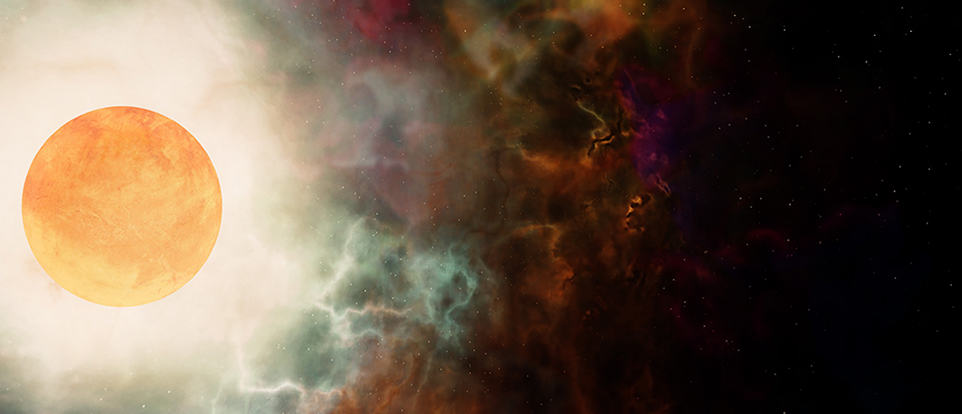Online | Fact and Fiction in Science
Boundary Crossing Science
Third meeting |
(in English)
The Fifth Season of the Series "Talking about Science in the 21st Century"
Discussion with Prof. Alan Lightman
Moderated by Prof. Oren Harman, Bar-Ilan University; The Van Leer Jerusalem Institute
Writing about science for the general public poses a challenge: How can complex ideas be made accessible to readers who lack a background in science? Might a particularly good way of explaining science involve crossing the boundary to the world of fiction? These and other questions will be discussed in conversation with Prof. Alan Lightman, Massachusetts Institute of Technology (MIT) physicist and one of the most brilliant popular-science writers of his generation (in English).
About the series:
The metaphor of crossing a boundary has many, varied meanings: We cross a boundary when we move from country to country, but also when we dare, go to extremes, or challenge conventional wisdom. As in life, so too in science, physical boundaries, but also philosophical, psychological and normative ones, are sometimes crossed. Crossing a boundary can destabilize us, but it can also excite us and spark our imagination. Famous examples include the crossing of the boundary of the skies by Icarus and the pioneers of flight who followed; the synthesis of the first organic compound; the theory of evolution which shattered the boundary between humankind and nature; the discovery of radioactivity and quantum mechanics, both of which crossed the boundary of the senses; the use of the atomic bomb; the flight to the moon; and the development of tools for gene editing today.
In the fifth season of the series “Talking about Science in the 21st Century” we will meet a diverse group of scientists who cross boundaries in a host of ways. We will converse with a medical informaticist who crosses the time barrier by using big data to predict morbidity and epidemics, with an engineer who is developing nanochips for treating ailments of the central nervous system, with a writer and physicist who moves between the worlds of fiction and reality, with a web researcher who examines the influence of digital sovereignty over national boundaries and national heritage, and with a scientist who grows mammalian embryos outside their mothers’ wombs.
The series will conclude with the screening of the Netflix film Black Holes: The Edge of All We Know followed by discussion with its director. The film portrays the dramatic attempt by different groups of scientists to cross a boundary that is impassable by definition: to see with their own eyes that which cannot be observed.
By looking at boundary crossings in science we will try to gain a better understanding of the disruptive power of science and technology, but also of the great promise they hold—the promise of change that enables us, and sometimes even requires us, to understand ourselves in new ways.

